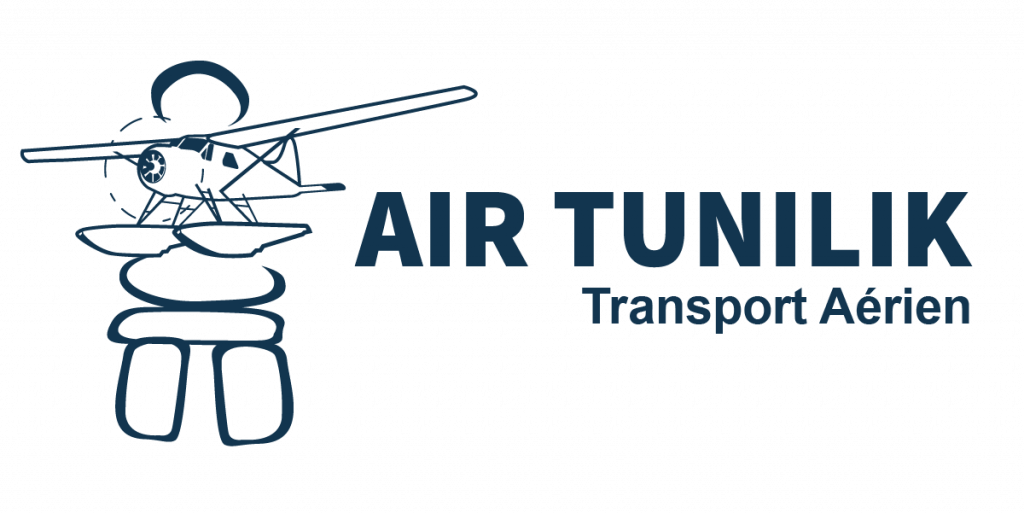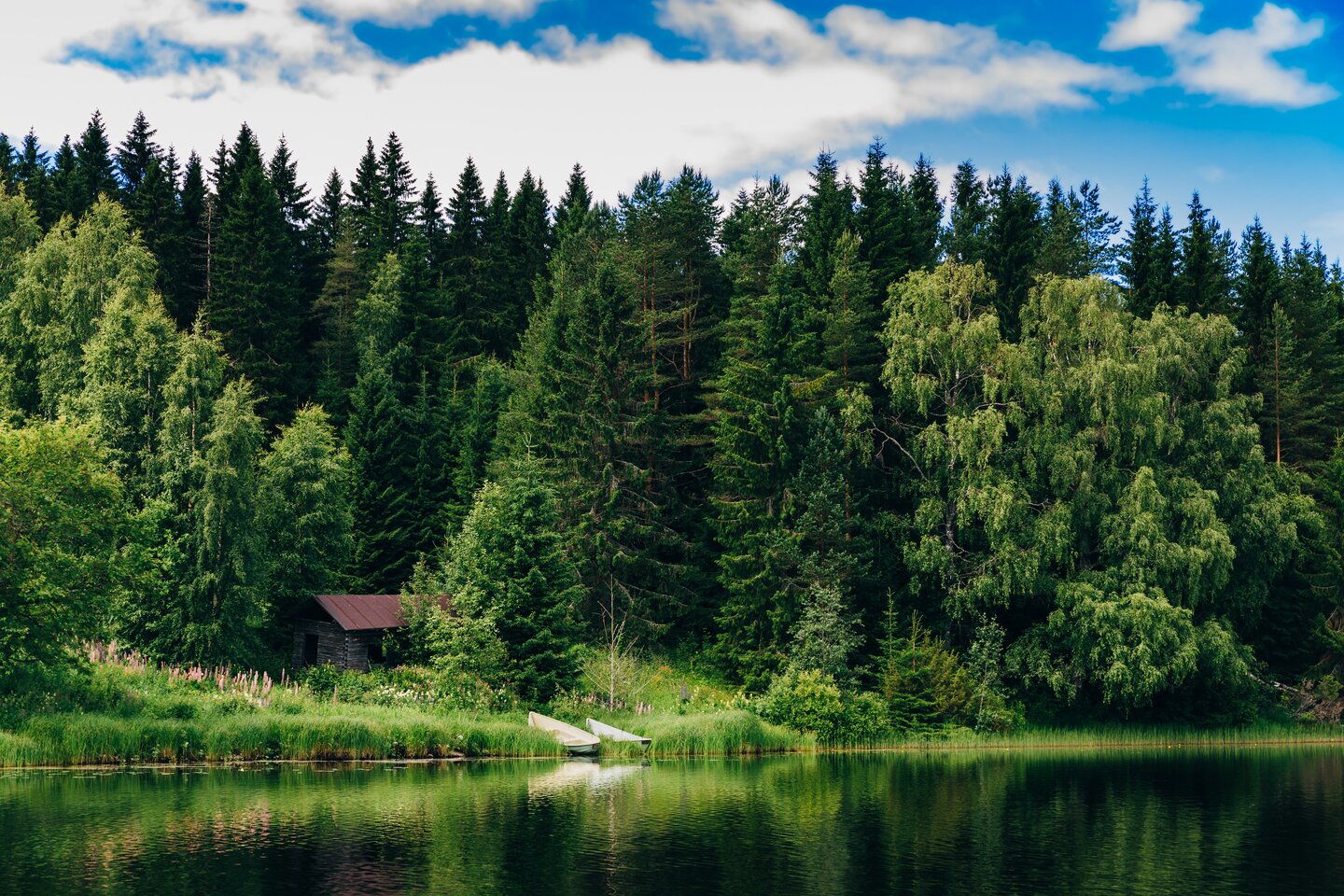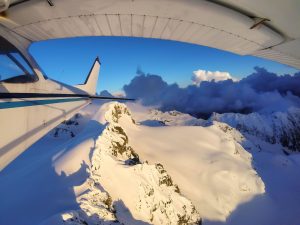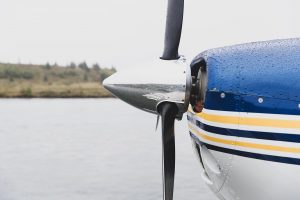A cabin in the woods can be a place to snuggle up with a good book or tackle the neighboring skiing hot spots. While you may rent a cabin for the weekend, owning one gives you the freedom to go whenever you want. Are you ready to relax in your own personal slice of cabin heaven? Keep reading to discover tips to keep in mind when buying a fish cabin.
What to keep in mind before buying a remote fishing cabin
If you enjoy fly fishing, you might be thinking of buying a lodge where you can go fishing anytime you want. However, it’s important that the lodging for your fishing vacation suits your needs and preferences.
Type of Cabin
The term “cabin” can apply to a number of different structures. Most people imagine a little wooden cottage in a rural place but that isn’t necessarily the case. There are different options to consider!
Cabin made of wood
With hot cocoa and a crackling fire, this traditional cabin type is very popular. If you want to build a comfortable cabin, you’ll need to choose the type of wood, log shape, and corner styles. Spruce logs are preferred because of their decay resilience, whereas Scandinavian pine is popular because of its density and tight grain.
Cabin with an A-frame structure
These triangle rustic cabins have a basic, distinctive shape that can accommodate a lofted sleeping area or vaulted ceilings. The roof’s sharp slant minimizes snow build-up. A-frames are making a comeback thanks to minimalism and tiny living trends. They’re trendy and economical.
Cabin on wheels
This is a modern cabin built with lightweight materials. If you need mobility, a tiny cabin on wheels with towing capabilities is ideal.
Prefabricated and modular cabin
Many companies provide catalogs of low-cost cabins from which to choose. The designs are usually customizable, but they are basic enough to be manufactured in a factory and then shipped to your location.
Location
Do you prefer being near a lake or a river? Do you want to be away from the summer throng or close to a vibrant mountain town? Do you want a private lake to fish lake trout or do you prefer going on adrenaline-filled trout fishing trips? Keep the following three factors in mind when looking for your ideal fishing cabin location.
Time to travel
Think about how often you’d like to utilize your cabin and how far you’re prepared to travel to get there. Consider holiday traffic and think about whether you would be able to get there in time for a three-day weekend without spending the majority of your time on the road. Because vacation homes are frequently used by families to get together, choose a location that is handy for everyone and that offers activities that everyone can enjoy.
Scenery
Fishing cabins are great to enjoy the outdoors so location is key. Make sure you appreciate the window and porch views because they will play a big part in your relaxation time. If you’re building a cabin, you’ll want to make sure the design and location blend in with the environment.
Maintenance
Remember that you won’t be able to shovel the driveway or mow the grass all of the time. If you’re worried about offseason upkeep, make sure you have someone you can hire to take care of your property while you’re away.
Budget
Cabins may appear to be a luxury, but with careful budgeting and lifestyle changes, they can be cost-effective. Putting together a budget for a cabin is similar to putting together a budget for a house. The cost varies greatly depending on the location, design, facilities, and quality of materials.
Think about how much you’ll get for your money. You won’t need to rent vacation houses if you use it frequently, which could save you money in the long run. Plus, if you rent it out, you can generate passive income. To establish a budget for your fishing cabin, make sure to consult a financial advisor and take your time evaluating pricing and location possibilities.
What to bring on your Quebec fishing trip
Mistakes to avoid when buying a fishing or hunting lodge
When buying a fishing and hunting lodge, buyers frequently commit the following 6 mistakes:
1. Not developing a specific criteria
To help you focus your search, answer the following questions to generate precise criteria:
- Are you seeking a secluded summer fly-in lifestyle where you only come out of the forest once in a while, or do you want to stay close to a city center?
- Which province or state do you wish to buy in?
- Are there any specific lakes or tourist spots in the area that you’d want to visit?
- Is it a well-established cabin or one that could use some work?
Applying the aforementioned will enable you to act fast when the right opportunity arises.
2. Not knowing the real estate market
There are good periods to buy a cabin, whether it be a fishing or hunting lodge, just as there are ideal times to sell a house. Depending on the location where you are looking to buy, make sure to do your research about the real estate market to understand the factors that can influence prices in order to buy your cabin at the optimal time.
3. Bad location
Location is everything when it comes to your fishing or hunting lodge. It is worthwhile to pay a little more for a lodge in a more secure location or with access to public services. After all, failing to grasp your region and the problems it presents can be costly.
4. Lack of passion
Many people who enjoy fishing and outdoor activities consider buying a remote fishing lodge because of the beautiful and remote lakes, only to then discover it wasn’t quite for them. It may be a good idea to rent out a cabin for a while to see if this lifestyle suits you. After all, this is an important investment.
5. Only looking at “on-the-market” cabins
If you limit your purchasing selections to solely what you see promoted online, you’ll only be able to choose from about a quarter of what’s available. Because of the potential detrimental impact on their business, most lodges, camps, and resorts do not want to publicly advertise that they are for sale.
The majority of these businesses rely on 80 percent repeat customers. If these regular customers find that the business is up for sale, they might consider it as an opportunity to try something new. It’s preferable to approach a lodge, camp, or resort shortly after their peak season to see if they are considering selling. This is in September or October in the fishing lodge industry.
6. Not negotiating
Negotiation is an important component of any deal, but it is often overlooked by buyers of fishing and hunting cabins. When a buyer finds the perfect property, it’s important to resist the impulse to close the purchase as soon as possible.
The thought of owning the cabin is thrilling, but at this point in the process, you must concentrate on working with the seller to obtain the best possible outcome. Lodges, campgrounds, and resorts often sell for 25% less than the seller’s initial asking price, so there’s no need for a buyer to be hesitant about negotiating a lower price.
When is the best time to fish in Northern Canada?
Fly to your remote cabin
If you bought a remote cabin in a territory that is difficult to access by road, Air Tunilik can get you there. We organize seaplane rides and can take you and your equipment anywhere you wish. Our seaplane flights are available 365 days a year. We have five different seaplane bases in Quebec. If you are interested in a seaplane journey to your remote cabin, feel free to contact us!






